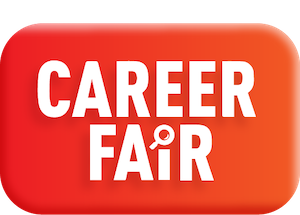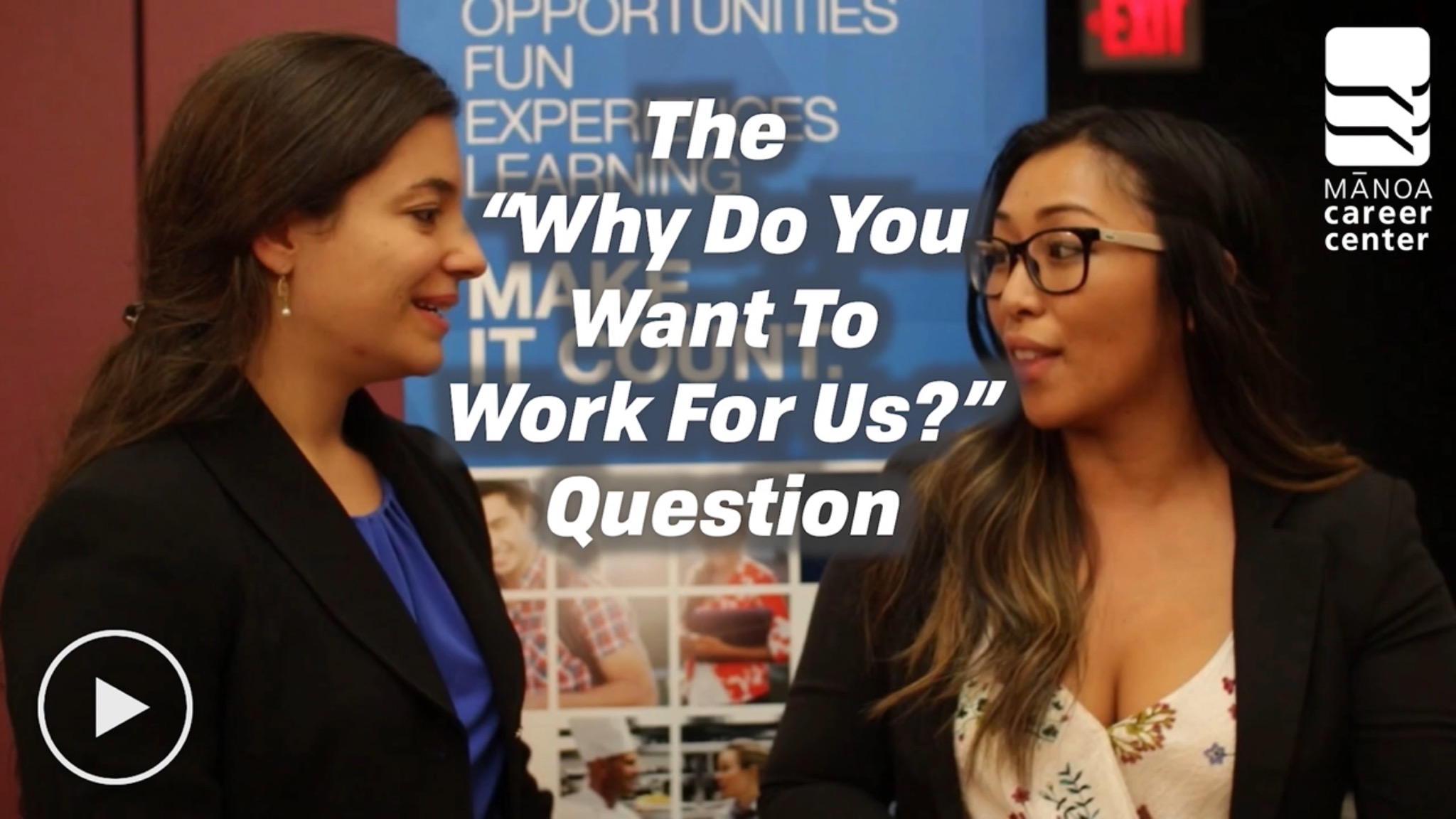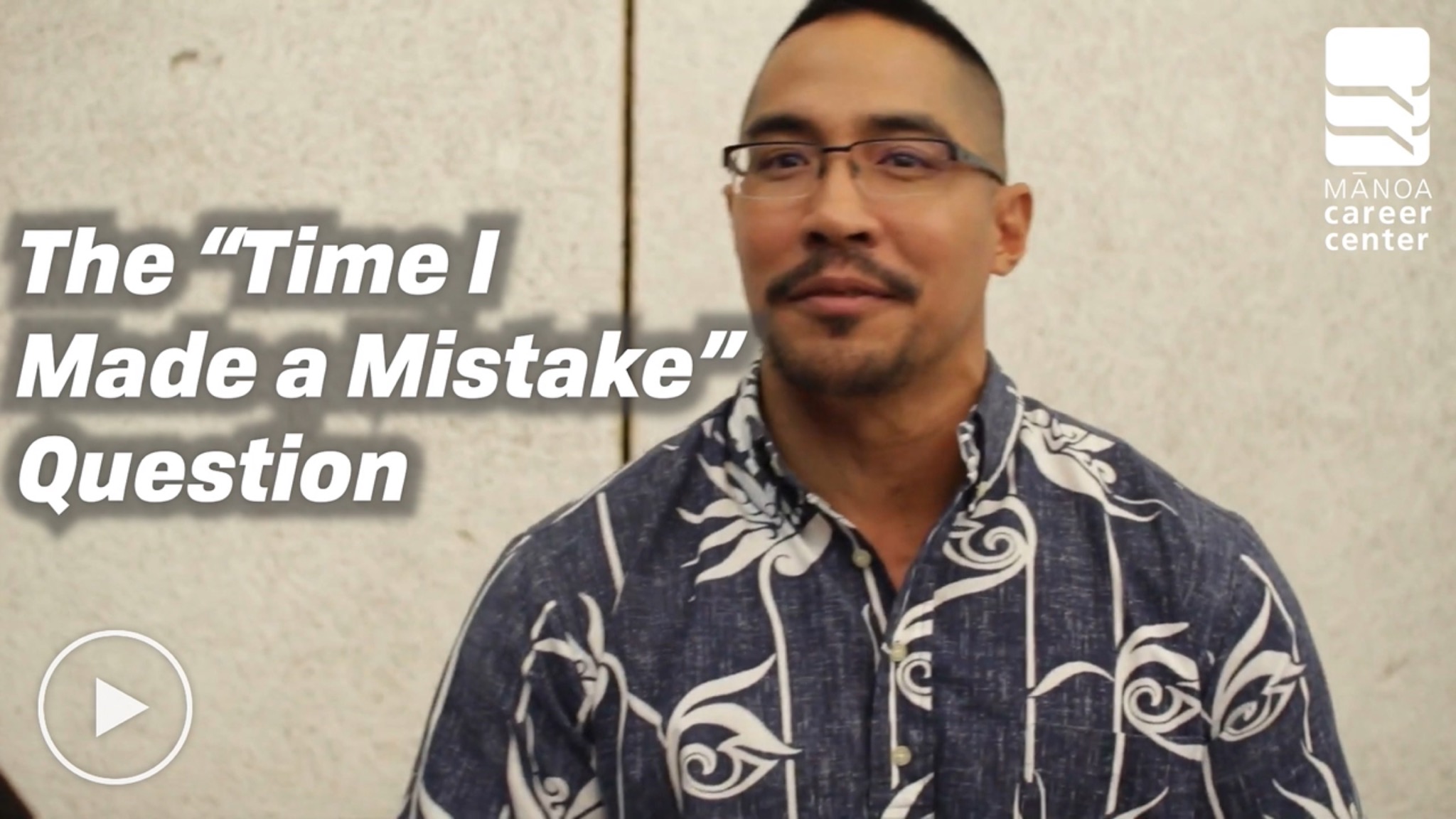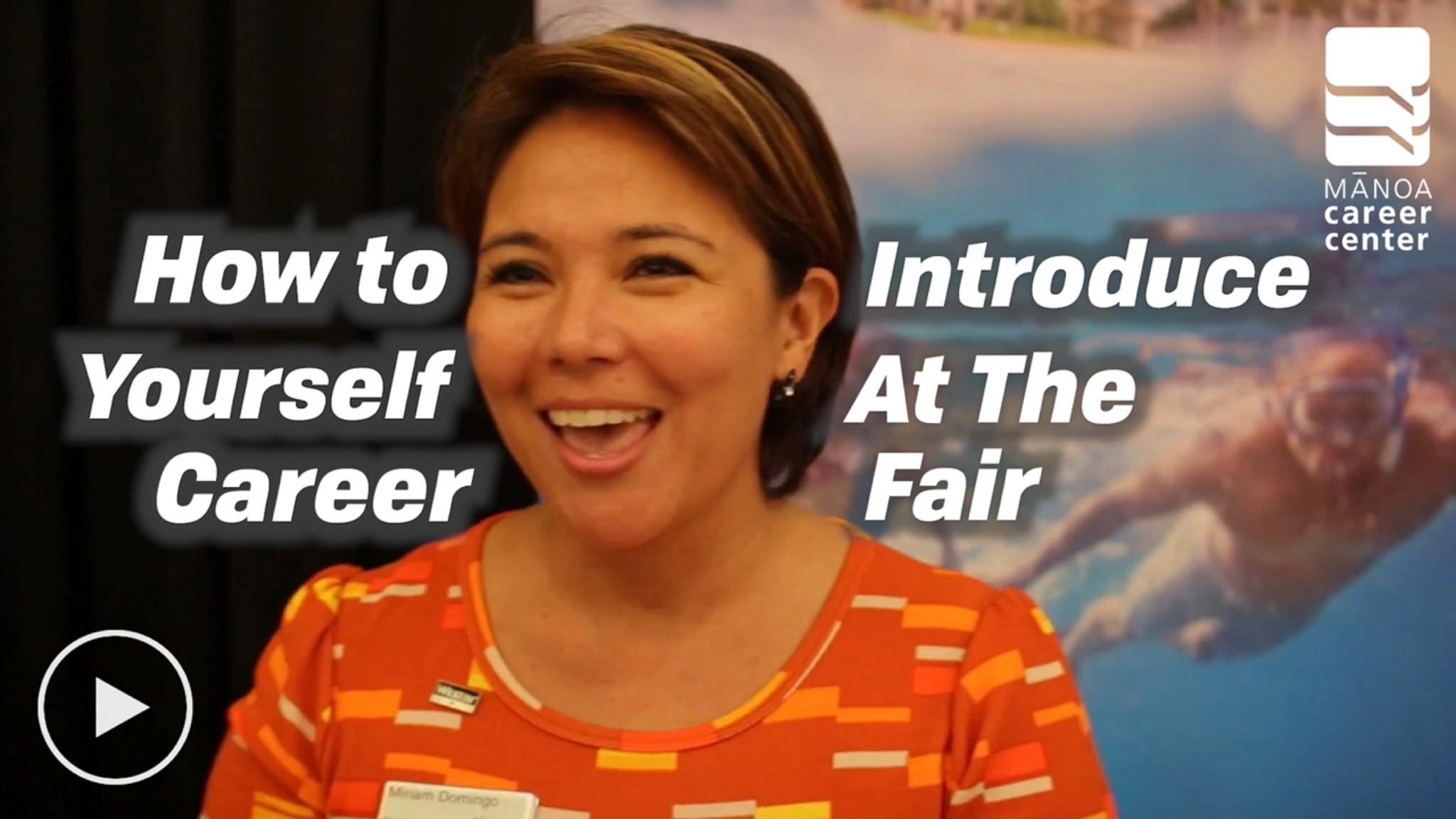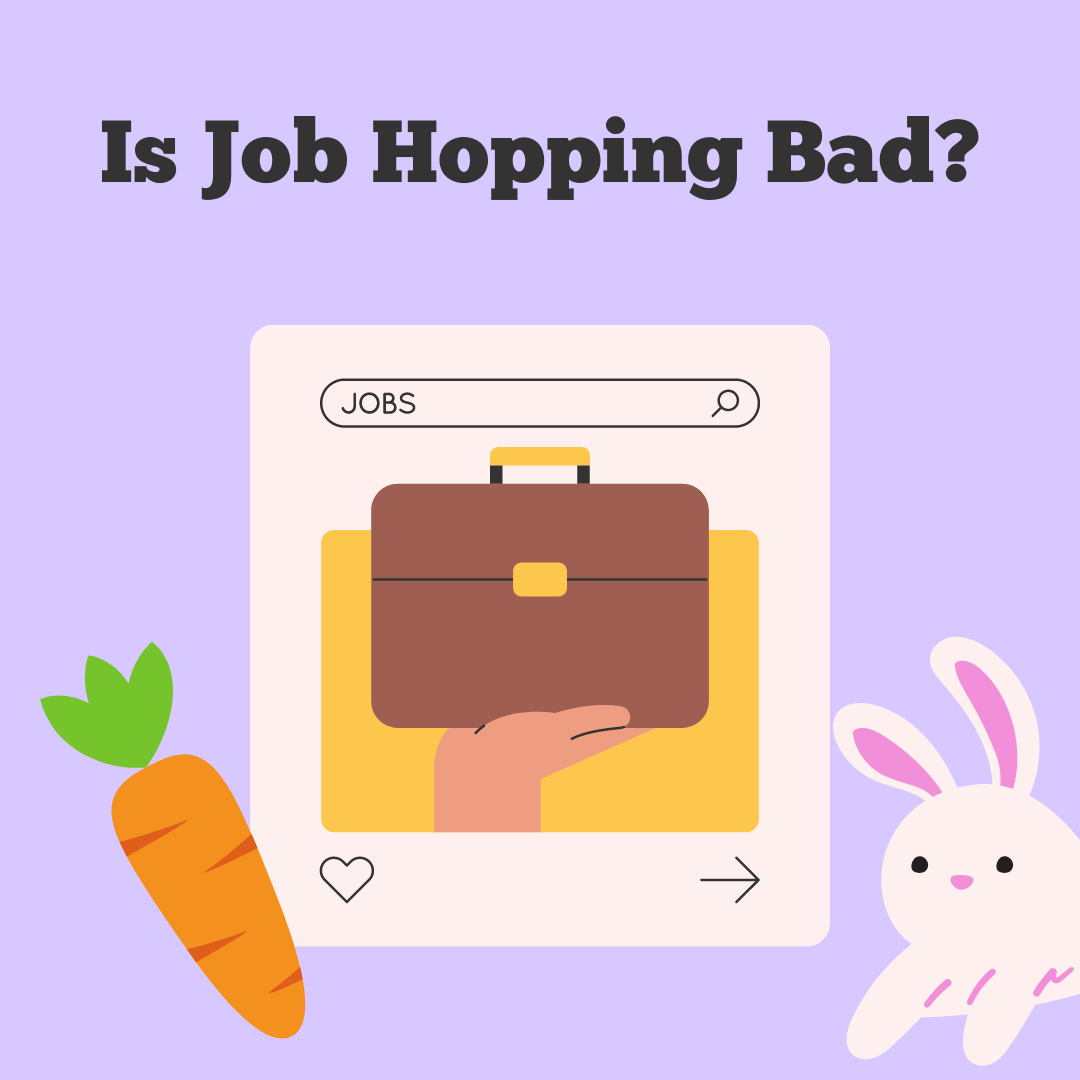 Celeste Ashimine is a UHM 2019 Kinesiology and Rehabilitation graduate, with a passion for education, health, and fitness. Growing up as a young athlete, she was introduced early on about the importance of maintaining a healthy diet and an active lifestyle, since then, she knew she wanted to pursue a career that would match those developing values.
Celeste Ashimine is a UHM 2019 Kinesiology and Rehabilitation graduate, with a passion for education, health, and fitness. Growing up as a young athlete, she was introduced early on about the importance of maintaining a healthy diet and an active lifestyle, since then, she knew she wanted to pursue a career that would match those developing values.
We were fortunate enough to interview Celeste and ask her a few questions about her school experience, work experience, her journey, advice, and more! If you are interested in the Kinesiology field, keep on reading.
What career is easiest to go into after getting your degree and what is the most difficult?
One of the easiest jobs to get with a degree in kinesiology is personal training/fitness instructing. You have to study for a certification test, there are tons of different organizations that offer certification in personal training (CPT). However, there are a few that are far more credible than the others, these include NASM, CSCS, and ACSM. One of my favorite professors, Dr. Lindsey, once told us in our KRS 305 class that she could get us a certification in personal training by the end of this course. So you actually don’t even need a degree, but all the knowledge you obtain in your KRS courses will honestly give you everything you’ll need to know for the job & certification exam.
The most difficult career you could go into with a degree in kinesiology… honestly, there are so many different directions that you can take a kinesiology degree and there is an endless number of careers that you can go into. It truly just depends. KRS courses give you a really good idea of what you’re good at and what you would enjoy doing. Take advantage of it!! If you’re not doing great in a class that’s intensive in the knowledge necessary for your dream career, you might want to reconsider your career. People in this major switch their career paths ALL THE TIME, so it’s totally okay (and totally encouraged) to switch career paths based on what you learn about yourself throughout your time as a KRS student. There are so many fun and amazing careers that you can get with this degree!!!
Where can I get advice for going to PT school?
Okay, so, my answer does not just apply to PT school, but for literally anything and everything that has to do with KRS. We have many different professors that have been here in the KRS program FOREVER, and they have A LOT of amazing information and insights to share with you, all you have to do is ask! All of our professors are so nice, extremely approachable and they love helping students by sharing their thoughts and experiences. I would highly recommend setting up an appointment with one of your favorite professors or a professor that has a degree in what you’re interested in (professors will usually tell you all about their professional history in class), make a list of questions that you have, and just talk with them! This is also a great way to build connections that you might need for letters of recommendation for grad school.
Something that I wish someone had told me as a freshman in the KRS program is to apply to internships or jobs in a field related to your career path. This will allow you to gain hands-on experience (which is highly regarded in the healthcare field), help you learn whether the career you’ve chosen is the right one for you, AND it’s a great way to build relationships with your superiors, who can also help you with advice, letters of recommendation, etc.
SO, future PT students, the best way to get advice about PT school is to intern/volunteer/work in a PT office and talk to your PTs. Set yourself up for the future!!!
What are the skill sets needed for a KRS major?
Let me start this off by explaining that the minimum amount of major credits needed to graduate from the majority of UH majors averages to about 40 credits. For UH science majors, it averages to about 60 major credits. For KRS, you need almost 80 major credits. EIGHTY!!! This only gives you only ~13 classes to achieve your general education credits, focus requirements, AND prerequisite courses. There are some that can be overlapped but not all. This means you need to be able to plan far ahead, keep up with heavy course loads, manage your time wisely, and pass your classes!!! 75% of KRS courses are prerequisites for other KRS courses, meaning that if you get less than a C- in one of your core courses, you may not be able to register on time in a lot of the courses that you’ll need.
Also, all of the knowledge you gain in your lower-level classes DOES carry on into your upper-level classes, so make sure you ACTUALLY retain all the things you’re expected to learn in ALL of your KRS classes and take LOTS of notes!!! I have a 2 whole 3-inch binders full of old notes and a whole box of flashcards, I STILL revert back to them to this day. It will save you a TON of stress and sleepless nights.
What kind of jobs are available for KRS major / what can you do with your major?
Sports Equipment, Education, Fitness and Exercise Instructor, Personal Trainer, Special Population/Wellness Instructor, Choreography & Music Services, Geriatric Opportunities, Assisted Living, Fitness Director, Pre or Postnatal, Yoga Instructor, Health Fitness Medicine, Chiropractor, Dietitian, Exercise Physiologist, Nurse, Nutritionist, Osteopathic Physician, Physician, Physician’s Assistant, Athletic Trainer, Certified Orthotist, Certified Prosthetist, Dance/Movement Therapist, Ergonomic Researcher/Designer, Exercise Researcher, Occupational Therapist, Physical Therapist, Recreation Therapist, Exercise Program Director, Exercise Test Consultant /Technologist, Sport Instructor, Diet Counselor, Health Food Stores/Sales, Health Inspector, Pharmaceutical Sales, Camp Owner/Director, Boy Scouts, Red Cross, Weight Loss Expert, Parks & Recreation Departments, Agent/Sports Representative, Sports Marketing, Coaching, Equipment Manager, League Management, Public Relations & Sports Information Professional, Scout, Special Events Planning, Sports Administration, Athletic Director, Sports Attorney, Sports Entrepreneur, Product Development, Product Distribution, Sports Facility Administration, Sports Journalism, Sports Officiating, Strength & Conditioning Specialist.
Are there any internships available in the kinesiology department?
There are internships available everywhere. Even places that don’t necessarily offer internship opportunities. I recently applied to Chaminade University for an internship with their athletic training department, even though they don’t usually offer an internship position. To my surprise, they got back to me and said that they’d find a way to fit me into the program! This speaks to the importance of building/having connections! All you need to do have your resume tailored to the type of job/internship you want (KRS professors & advisors can help you with this) and submit your resume to whomever you wish to get an internship with as confidently and as professionally as possible.
Good internships at UH for KRS students are with the Athletic Trainers and the Strength & Conditioning coaches. For either, you can contact Renae Shigemura (Assistant Athletic Trainer) or Tommy Hefferman (Strength & Conditioning Coordinator). They are busy professionals, so make sure you have all the necessary info, have your questions already written out, and be as professional as possible!
What is your favorite part of your job? 
I actually work as a restaurant server so I can pay my bills. But the best part of my week is volunteering with Da (the KRS advisor) and her KRS 151 class, I help her by teaching her KRS students to work with elderly and disabled patients. I also love interning with the UH athletic training department, working 1-on-1 with the UH athletes in the AT setting and just helping out with the daily responsibilities.
Celeste loves teaching, chatting, and helping others! Feel free to reach out to her with any other questions you may have via Instagram @celeste.ciana







